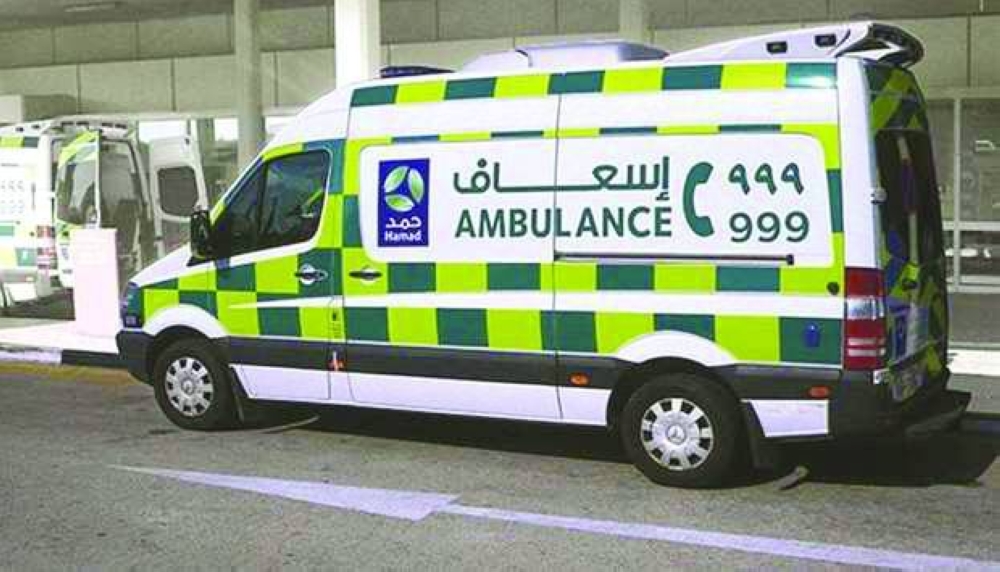The LEAN pre-pack system implemented by the Hamad Medical Corporation Ambulance Service (HMCAS) has improved responses to emergency calls and enhanced access to effective care for patients, a recent study has found out.
LEAN is a set of management practices to improve efficiency and effectiveness by eliminating waste. The core principle of lean is to reduce and eliminate non-value adding activities and waste.
The study published on Journal of Emergency Medicine is titled ‘Impact of LEAN implementation in restocking ambulances in an emergency department and on ambulance rotation within the Hamad Medical Corporation Ambulance Service’ and is featured on QScience .com. It highlights that HMCAS has refined its patient supply chain (SC) processes to improve ambulance turnaround times (ATAT) at the emergency departments (ED).
The authors of the study are: Sunjay Ragbheer, Padarath Gangaram, Guillaume Alinier and Hassan Farhat. They belong to various organisations and institutes such as HMC; The University of Hertfordshire, Hatfield, UK; Weill Cornell Medicine-Qatar; Northumbria University, Newcastle upon Tyne, UK; University of Sousse, 4000, Sousse, Tunisia and the University of Sfax, 3000, Sfax, Tunisia.
According to the study, the pre-pack concept promoted easy and quick processing of clinical applications, restocking procedures, and ambulance checks, and this positively impacted the ATAT at the ED. Further, it improved responses to emergency calls and enhanced access to effective care for patients. This approach also simplified the tasks above when many locum staff is employed on a short-term basis to cover mega-events such as the FIFA World Cup. With FIFA World Cup 2022 taking place in Qatar, all healthcare systems were geared up for an influx of patients.
The study evaluated the staff’s perceived impact of modular pre-pack kits on ambulance restocking processes and ED ATAT.
Through this cross-sectional study, a fit-for-purpose survey was designed and distributed to all operational staff at HMCAS. The survey aimed to assess HMCAS staff’s opinions about the implemented LEAN pre-pack system. Cronbach’s alpha was calculated to assess the reliability of the survey. The Mann-Whitney U-test was conducted to compare if there was a difference between the group’s opinions. The Shewhart control chart was created to monitor the impact of the implemented intervention on the ATAT at the ED. IBM-SPSS (Statistical Package for Social Sciences) Version 26 was utilised for data analysis.
A group of 287 employees with different backgrounds participated and completed the survey. The Cronbach’s alpha was equal to 0.739, indicating a satisfactory level of reliability of the Mann-Whitney U-test. The descriptive analysis and the Shewhart chart revealed that most staff found that the pre-pack concept helped improve LEAN restocking processes, access to clinical applications, and ambulance checks. Overall, this concept matched the international benchmarks for turnaround time.
International ambulance services are complex, and these ambulances are equipped with about 500 individual items, which include various types of medical consumables and equipment used during emergencies. By organising individual medical items into stock units called “pre-packs”, according to the needs of the patients and type of clinical interventions, the inventory or stock-taking time of items stored in ambulances can be significantly reduced. Implementing reduced inventory lists of items and standardised pre-pack storage across the ambulance fleet has significantly improved the efficiency and accuracy of ambulance checking, restocking, and recovery time, improving overall ATAT at the ED.

HMC Ambulance service. Picture for illustrative purpose only.

